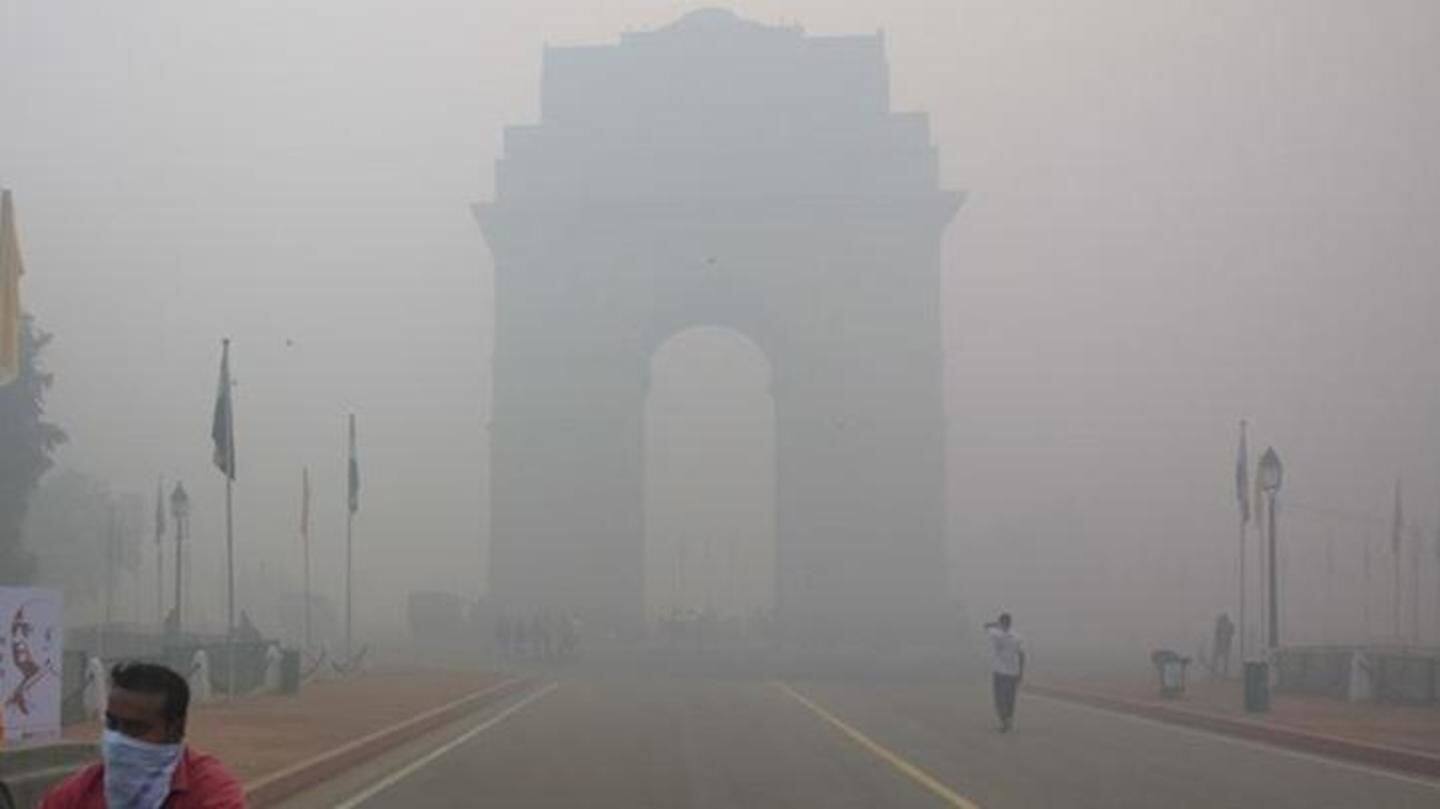
Start anti-pollution fight under NCAP with Delhi: SC tells Center
What's the story
Taking into account Delhi's rising air pollution, the SC today asked the Center to start the National Clean Air Program (NCAP) with the capital. "We're struggling in Delhi due to pollution. You implement NCAP here at least," it told Additional Solicitor General ANS Nadkarni. In response, Nadkarni said the NCAP, aimed at tackling air-pollution at a wholesome level, is being implemented phase-wise in Delhi.
NCAP
NCAP will focus on 100 affected cities in India
NCAP, a medium-term national level strategy, will focus on reducing pollution in 100 cities. "The objective is to have efficient data dissemination and public outreach mechanism for timely measures for prevention and mitigation of air-pollution," the Environment Ministry had said in its draft published on April 17. In March, the ministry had apprised SC that a comprehensive NCAP would be finalized in four weeks.
Details
Comprehensive NCAP will be notified in 4 weeks: Nadkarni
Representing the Environment Ministry, Nadkarni said the whole NCAP would be notified within four weeks. The SC bench comprising Justices Madan B Lokur and Deepak Gupta said that just notification isn't enough, the plan should also be implemented properly. The SC bench also ordered Nadkarni to appear before it by June-30 regarding ban on importing pet coke, a part of the NCAP.
Sad state
Delhiites sniffing toxic air since years, air more than hazardous
Delhi's struggle with air pollution is increasing by the day. During Diwali in November 2017, air quality levels plunged so drastically that the IMA had to declare a public health emergency. Last year, the level of airborne particulate matter reached 2.5, much higher than the level of "hazardous." A Greenpeace report found Delhi scored alarmingly high in terms of deaths due to air-pollution-related causes.
Data
Living near Delhi's main roads increases lung cancer chances
Delhi's air-quality is so bad that those living nearby main roads have a high probability of "lung cancer mortality," IIT-Delhi and IIT-Kanpur scientists found. The study calculated excess cancer risk of lead, chromium and nickel out of 11 trace elements as they are well-known carcinogens.